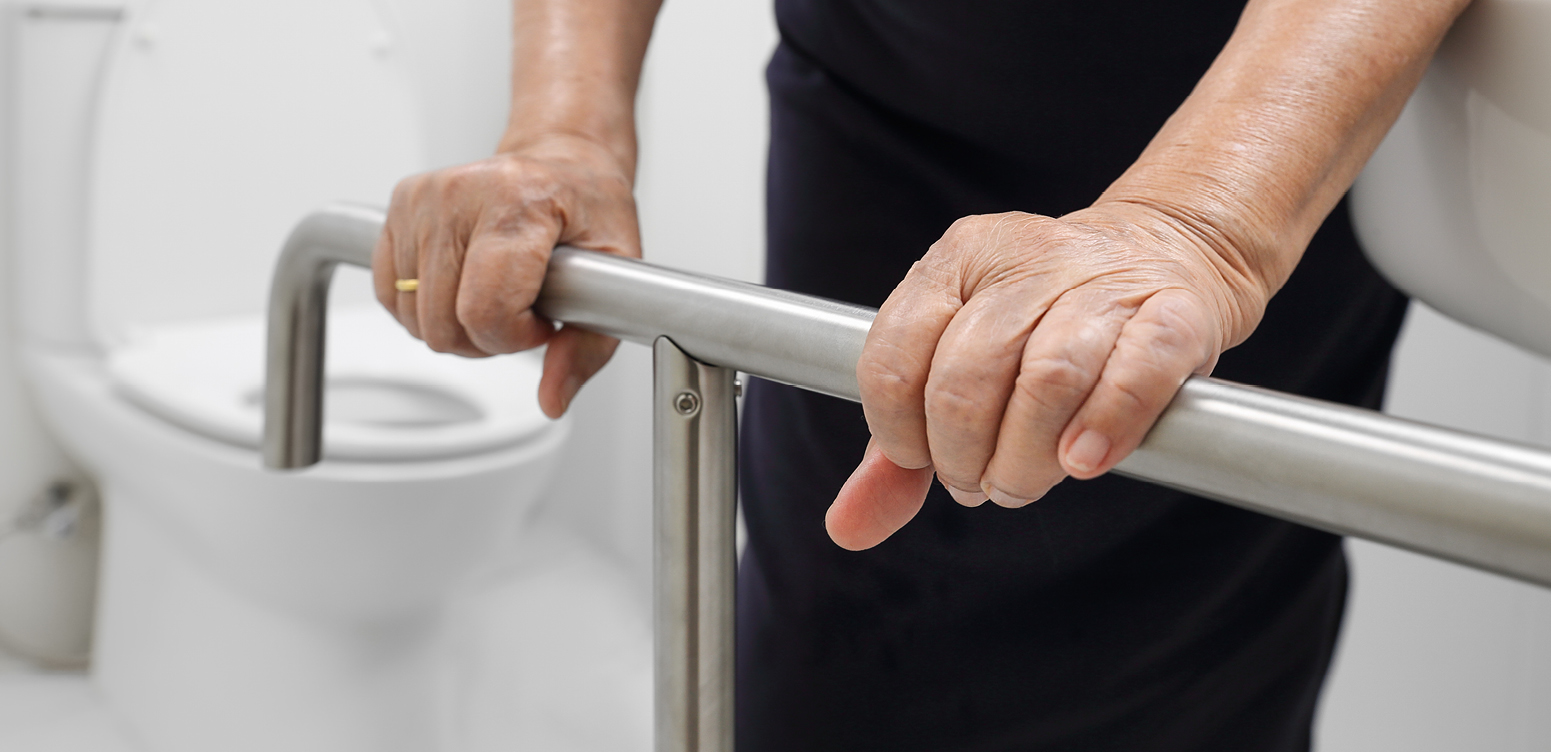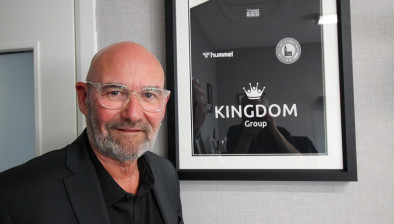Black’s Blog: Adapt and thrive

Jimmy Black says the current funding system for adaptations makes no sense.
Back in 2024, we were reporting on a big cut in the Scottish Government’s adaptations budget for Registered Social Landlords. Hanover Scotland’s Angela Currie said: “Without adequate funding for adaptations, we risk trapping elderly and disabled individuals in hospital beds or unsafe homes, further straining our already overstretched health and social care systems.” The cut was from £11 million to £8.25m.
Then in May 2025, we had better news. Social justice secretary Shirley-Anne Somerville more than doubled the budget. Debbie Collins of Bield was pleased. “Investing in the right housing and technology supports older people to manage their health, stay connected, and live independently - reducing reliance on formal care and helping to avoid preventable hospital stays.” The increase was from £8.29m to £20.9m.
So the RSLs got more than their money back, but yo yo budgets are hard to plan. In 23/24, as I recall, the Scottish Government took most of the year to pay out the promised funds, and some RSLs felt they had to allocate tenants’ money to make up the shortfall.
Using tenants’ money is nothing new for council housing departments. The Scottish Government expects councils to use their Housing Revenue Accounts to pay for ramps, rails, adjustable height cookers and sinks, internal lifts, ground floor toilets… and it all goes on the rents.
I haven’t seen much opposition to this from tenants who are probably reluctant to protest when their neighbours clearly need assistance to stay in their homes. It’s a funding anomaly. There are also government funds for owner-occupiers and private tenants, but they are administered through local councils and practice varies from place to place.
Adaptations may now include sophisticated digital systems which enable people with dementia to live for longer in their own homes, predict when a person is likely to fall or alert families when their loved one shows no sign of movement. Who pays for these? Should Health & Social Care Partnerships bundle mobile wifi packs and sensors together with commodes and walking aids?
There is an argument for a national fund for adaptations which would cover all tenures. Landlords could supplement it if they chose to do so, but at least there would be a place where people could go to find out what’s available and how to pay for it. Using their entitlement to self-directed support, people might find it easier to arrange their own adaptations, and thrive in their own homes.
We might lament the fact that we built so many houses in the past which are difficult for people with disabilities and frailties to live in. Proper funding, clear policies and plenty of guidance could help us overcome the mistakes of the past.
Our guests on the latest Scottish Housing News Podcast are Professor Vikki McCall of the University of Stirling and Susie Fitton of the Scottish Federation of Housing Associations. They explore all these themes and more. Best of all, they believe that politicians are listening, and they are hopeful of real progress with funding for adaptations. Let’s hope they’re right.
‘What’s Next for Adaptations?’ is a new report from ISPA, which stands for Intersectional Stigma of Place Based Ageing. Hear Professor McCall and Susie Fitton on the SHN Podcast below.
Jimmy Black is a City Councillor in Dundee and, until recently, chaired an RSL. He writes in a personal capacity.
The Scottish Housing News Podcast is co-hosted by Kieran Findlay and Jimmy Black. All episodes are available here as well as on the following platforms:








